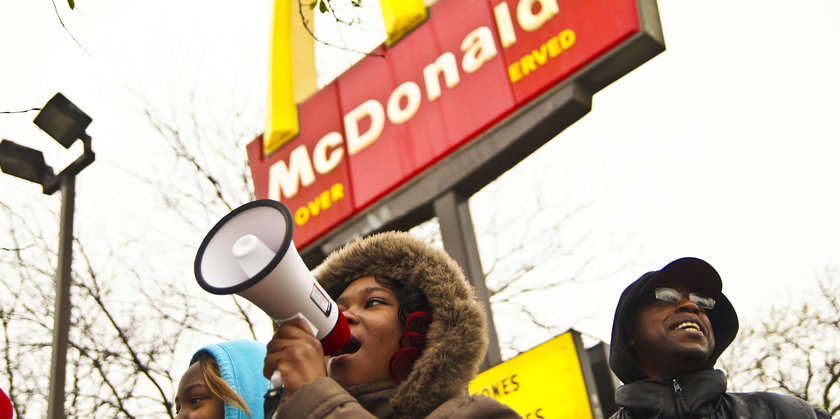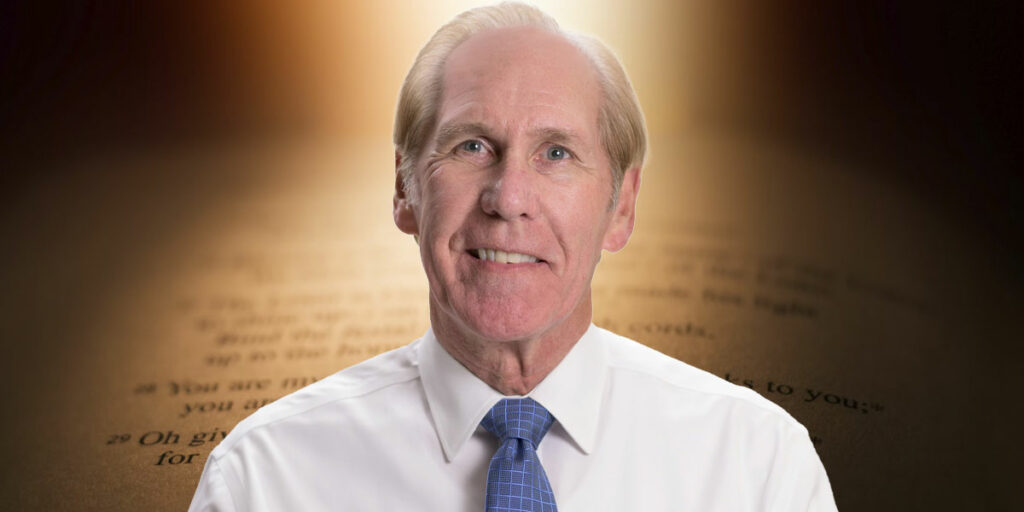Diversity, Equity, and Inclusion (DEI) programs were once touted as the key to creating fairer schools, workplaces, and communities. But here in the South, plenty of people are wondering if they’ve caused more headaches than help.
What started as an idea to fix past wrongs now feels like it’s stirred up more trouble than good. Big corporations are backing away, universities are scaling back, and people are left asking: is DEI just divisive by design?
Let’s be real for a second. Common sense seems to have taken a back seat with some of these initiatives. The citizens of Alabama are saying enough is enough. Many feel like DEI’s main result has been splitting people into groups rather than bringing them together.
Governor Kay Ivey’s been clear about her stance: “We believe in fairness and equal opportunities for all Alabamians, but that doesn’t mean forcing these programs on folks. Common sense should always come first.” Her words resonate with a lot of Alabamians who feel these programs prioritize ideology over practical solutions.
Even some of the most liberal companies are rethinking their DEI strategies. Major players like Meta, Amazon, and Disney have laid off their DEI teams, claiming it’s part of a “shift in priorities.” But let’s call it what it is—these programs have hit their bottom lines. If you’re still unsure about how that’s played out, just crack open a Bud Light and think it over.
In Alabama, universities aren’t immune to the changes. The University of Alabama recently stopped hiring for positions tied directly to DEI and redirected funding away from those initiatives to meet state expectations.
Auburn University, feeling the heat from lawmakers, has shut down several DEI committees and is focusing more on programs that emphasize academic excellence without targeting race or identity. Some see this as a much-needed course correction, while others worry it’s erasing important progress.
The debate over DEI reflects a bigger divide across the country. Conservatives argue that these programs have gone too far, prioritizing identity politics over unity and merit. Senator Josh Hawley of Missouri even proposed cutting federal funding for DEI in higher education, saying, “We need to focus on education, not pushing a political agenda.”
Meanwhile, progressives like Senator Cory Booker of New Jersey stand by DEI, calling it essential for fairness. “These programs aren’t just buzzwords; they’re about ensuring everyone has a chance to succeed,” Booker said.
Here’s a question for you, Senator Booker. What is fair about putting one group at a disadvantage just to make up for the discrimination another group faced?
The future of DEI is up in the air, especially here in the South. But one thing’s certain: the idea of making society fairer and more inclusive is more controversial than ever.
Whether DEI adapts or fades away remains to be seen, but most people in Alabama believe it’s time to get back to basics. Unity, fairness, and good old-fashioned common sense ought to lead the way forward.
Laura Johnston Clark is a wife, mother, and businesswoman. She grew up in the Wiregrass and now lives in Birmingham with her husband, retired Air Force Col. David Etheredge. She is a member of the Alabama Republican Party.









